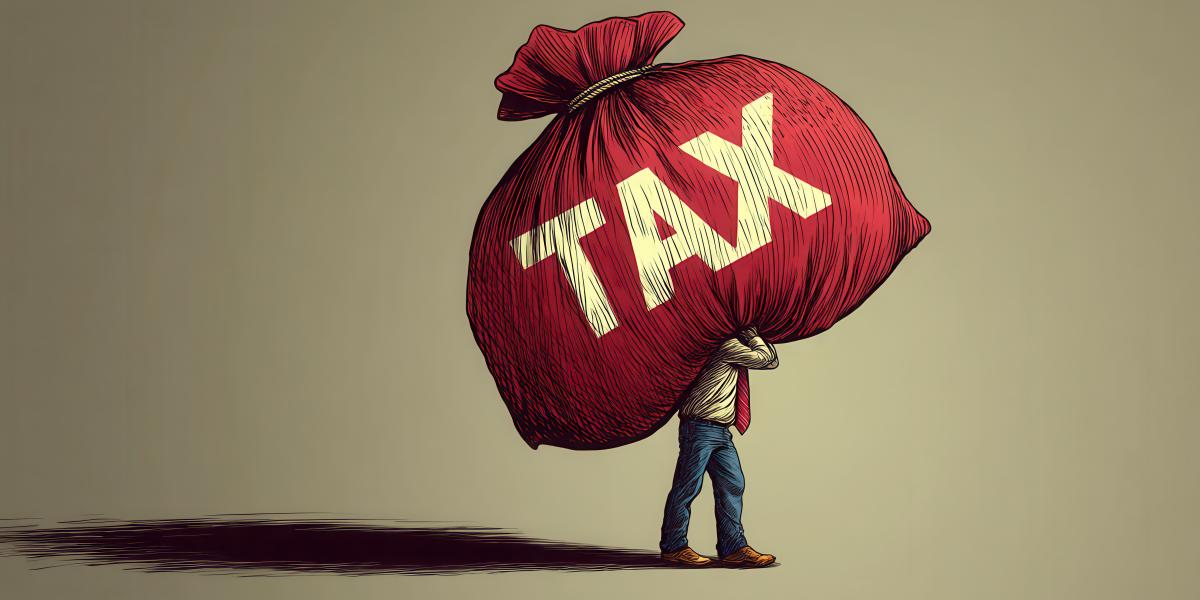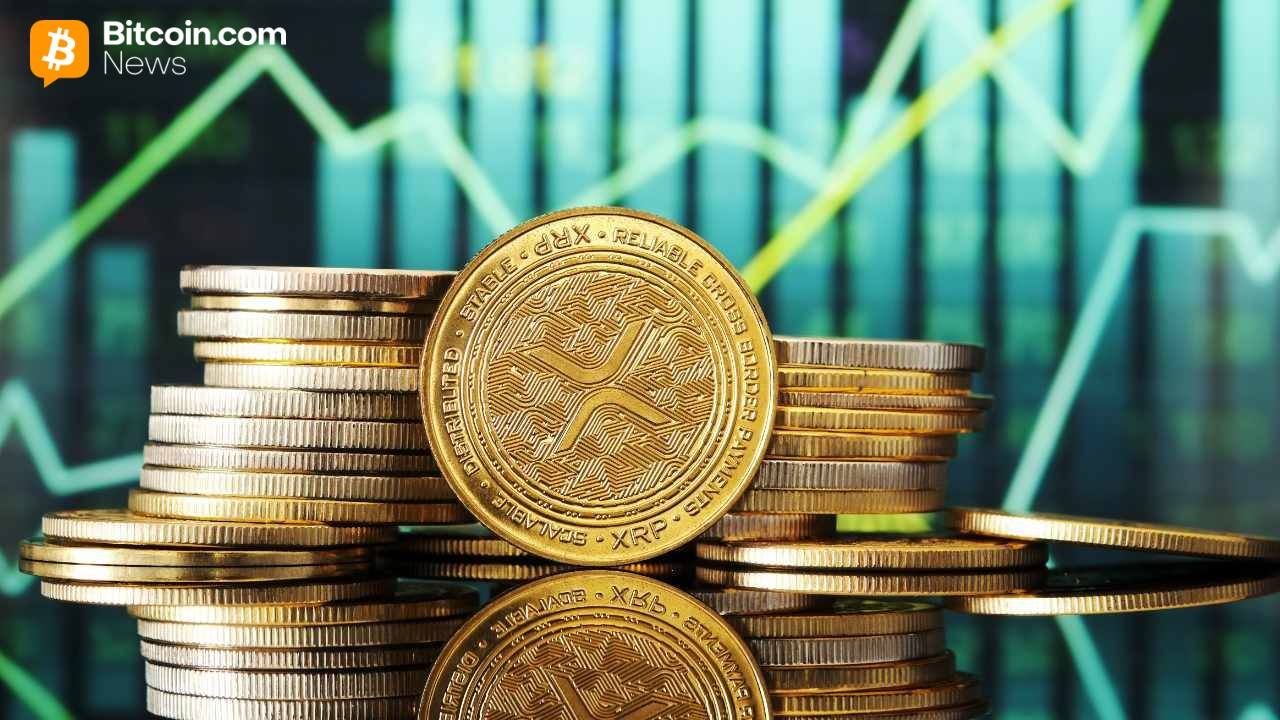No White House in my lifetime has been a fount of economic wisdom, and the Donald Trump 2.0 version is taking its place in the Pantheon of economic illiteracy. The latest salvo came from President Trump’s so-called trade guru Peter Navarro who said the following about the massive BMW plant located in Spartanburg, South Carolina:
This business model where BMW and Mercedes come into Spartanburg, South Carolina, and have us assemble German engines and Austrian transmissions. That doesn’t work for America. It’s bad for our economics. It’s bad for our national security.
On its face, this is a stunning thing for a presidential adviser to claim, but that is the mentality that seems to have permeated both the White House and much of the so-called MAGA movement. Taking Navarro’s statements at face value, one would have to conclude that any kind of foreign investment in the US is a bad thing that should be outlawed.
However, Navarro’s statements plus explanations about the inflow of foreign capital to the US should be further explained, as he has raised some important issues. While he well may fall victim in the future to Trump’s erratic temperament and be unceremoniously fired, we should take a close look at his way of thinking, as he seems to have Trump’s ear.
Now, in a pre-New Deal world, the President of the United States did not set tariff rates, nor would the president have the kinds of power modern presidents, including Trump, have wielded on a regular basis. After Franklin Roosevelt took office in 1933, however, there was a legislative sea change as Congress regularly transferred much of its regulatory power to the executive branch and the courts gave the president wide discretion in interpreting the meaning of laws. Paul Craig Roberts writes:
This common thrust (of the New Deal) was to overturn the “nondelegation doctrine.” Prior to the New Deal, elected representatives crafted the law in detail. The New Deal’s expansion of government activities and regulatory authority changed this. Today a “statute” passed by Congress and signed by the president is nothing but an authorization for “expert” regulators to legislate. This practice, formerly impermissible, has been upheld by the federal judiciary, which routinely gives great deference to the regulatory agency when interpreting the law.
In a world in which the government actually is regulated by the US Constitution, Congress not only would have to pass the tariff laws, but also set the tariff rates, which means these rates would be subject to the kind of debate one would expect to see in important matters. (That does not mean Congress always would make wise decisions—the Smoot-Hawley Tariff being a prime example—but one would prefer that tariff decisions be made by consensus, not by someone like Navarro who cannot even comprehend how international trade works).
Regarding foreign investment, like what we see by BMW in Spartanburg, however, the defenders also make a crucial error when discussing the value of capital. In replying to Navarro’s remarks, the official statement from BMW declared:
“Plant Spartanburg is an eight million-square-foot facility with three body shops, two paint shops, two assembly halls, a metal stamping facility for body panels, an investment of more than fourteen point eight billion dollars,” the spokesperson said. “And eleven thousand highly skilled associates making fifteen hundred vehicles daily—four hundred thousand a year—with parts from hundreds of suppliers across the United States.”
The spokesperson added, “We export more vehicles from the United States than we import into the country. Plant Spartanburg generates a total economic impact of twenty-six point seven billion dollars for our state, supporting nearly forty-three thousand jobs and $3.1 billion dollars in wages and salaries.”
While there is nothing wrong with that statement, it does contribute to the misunderstanding people have about the value of capital. Because of the influence of Keynesian thought, people tend to see the real value of capital being the money spent on capital projects.
For example, in his endorsement of Joe Biden’s economic platform, Paul Krugman touts the trillions of dollars of spending that come with their formation as the most important aspect of the Biden plan:
Here’s how I read the Biden program as it now stands. Total new spending would be about $2.3 trillion over a decade. This total would include $500 billion to $600 billion of spending on each of three things: traditional infrastructure, restructuring the economy to address climate change, and children, with the last item mainly consisting of pre-K and child care but also involving tax credits that would greatly reduce child poverty.
In other words, the usefulness of capital investment is tied to how much money is being spent, which reflects the Keynesian bias that has always colored Krugman’s writings. Yes, Murray Rothbard—when writing on capital—never confused the spending on capital with capital goods themselves in his description of those goods:
Capital goods are produced goods that must be combined still further with other factors in order to provide the consumers’ good—the good that finally yields the ultimate satisfaction to the consumer.
In other words, the importance of capital goods lies in their ability to help produce goods that satisfy consumer needs and desires. If those capital goods bring profitability (bring an economic return on investment), then the spending they require is socially useful. However, if the project results in losses, then the spending was socially harmful. In Krugman’s Keynesian world, however, the spending itself is always socially helpful regardless of the investment outcome.
To relate to the situation in South Carolina, the usefulness of the BMW plant is that it produces cars that people believe help to make their lives better. Furthermore, the presence of capital goods from that plant allows other labor to be turned to other uses to satisfy needs and desires that previously were ignored or underserved.
Austrian economics emphasizes the development of structures of production that are not distorted by central bank-fueled credit expansions and other financial tricks, creating unsustainable development that ultimately will lead to a crisis and economic downturn. It does not matter if sustainable development is financed via capital inflows from abroad or domestic savings—as long as that development reflects consumer choices.
Given the profitability of the BMW plant in South Carolina, one can say it is a good thing for our economy and Germany’s economy as well. Contra Navarro, foreign economies do not thrive because the US economy is doing poorly or vice versa. Trade is not a negative-sum or even zero-sum activity, despite what one might hear from the White House. As Murray Rothbard has written:
The free market and the free price system make goods from around the world available to consumers. The free market also gives the largest possible scope to entrepreneurs, who risk capital to allocate resources so as to satisfy the future desires of the mass of consumers as efficiently as possible. Saving and investment can then develop capital goods and increase the productivity and wages of workers, thereby increasing their standard of living. The free competitive market also rewards and stimulates technological innovation that allows the innovator to get a head start in satisfying consumer wants in new and creative ways.



























